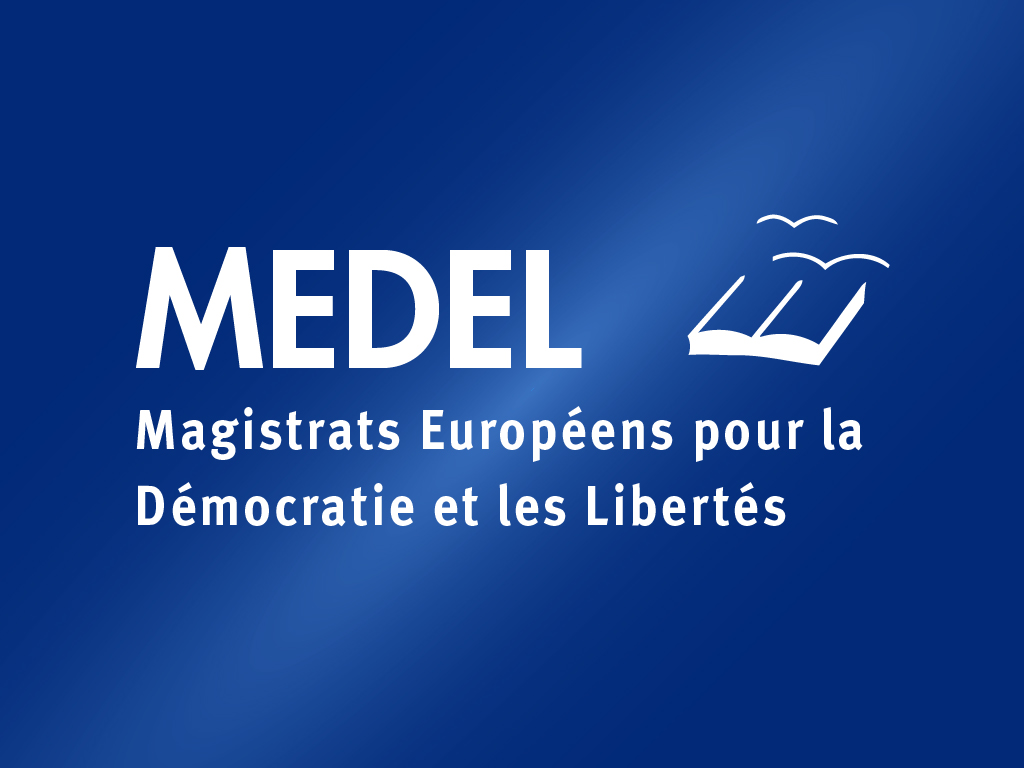Poland’s rule of law breaches putting EU’s future at stake, argue Filipe Marques and Roger Casale. Call for European Commission to ‘walk the talk’ on upholding rule of law.
Arainbow flag being set fire to on the streets of Warsaw by fascists masquerading as homophobic bullies is no longer out of place in Poland.
Ironically, the spectacle was staged to mark the Warsaw uprising, the largest operation undertaken by a European resistance movement during WW2. The bullies seemed oblivious of which side of history they were on. If you start by burning objects, like flags or books, you end up burning people.
You don’t have to be part of the LGBT+ community to be terrified in Poland right now. It’s enough to be a district court judge, like Monika Frackowiak.
By her own confession, Frackowiak is probably “one of the Polish government’s number one targets”. She is one of around 40 judges who dared voice their concerns about rule of law breaches in Poland. She has since been harassed with disciplinary proceedings. As she explains, this was “for just doing my job”.
At the recent EU summit, Poland received €124bn for 2021-27, rising to €160bn with loans. The Polish Prime Minister, Mateus Morawiecki, called this an “unprecedented share of the EU budget”. His “biggest achievement” was to avoid any rule of law conditionality on the disbursement of funds (for now).
Meanwhile, in response to EU grant cuts to six Polish towns that had declared themselves “LGBT+ free zones”, Deputy Minister for State Assets, Janusz Kowalski said the whole of Poland should be a no go area for the LGBT+ community. This claim was made on the grounds that the Polish constitution states that “marriage is between a man and a woman”. He might as well use old laws against witchcraft to justify domestic abuse. Times have moved on.
The assault on LGBT+ rights in Poland is shocking. So is the decision to pull out of the Istanbul Convention. Poland joins Bulgaria, Hungary, Czechia, the Slovak Republic, Latvia and Lithuania on that particular list of shame (the UK and Ukraine have also not ratified the convention).
Poland is the fifth most populous member state of the EU. When it applied to join the EU, it was assessed to have overcome its Communist past. Millions of Poles took advantage of new freedoms to build lives in other EU Member States. How has such confidence been lost? What has happened to trigger this headlong rush into the darkest corner of the woods?
“Human rights violations in Poland should be a matter of international not just European concern. The deteriorating rule of law situation goes deeper”
In a groundbreaking judgement, the Amsterdam District Court has just found that the Polish judiciary is no longer independent of the Polish government and parliament. Citing violations of Polish and EU rulings, the court took particular exception to the so-called “muzzle law” designed to prevent judges from questioning the government’s reform of the judiciary.
Justice Minister Zbigniew Ziobro claims disciplinary action is being taken in a targeted way to root out appointees from the Communist era. But many of the judges affected by the “reforms” were just out of diapers when Communism came to an end.
By contrast, in an interview with Der Spiegel, Vera Jourova, European Commissioner for EU Values and Transparency, described the Polish government’s actions as “carpet bombing”. She went on to say that the Polish government’s aim was not to “reform” the Polish legal system but to destroy it.
Magistrates and judges have a duty to uphold the rule of law. They are usually disinclined to take to the streets, but that is exactly what a group of them did in Warsaw on 18 January 2020. The group comprised judges from many different states. They felt they had no choice if they wanted to have their voices heard.
The Warsaw demonstration proved a turning point. For the first time, judges saw themselves as Europeans, as guardians of the values and the rights enshrined in the European Treaties, in particular respect for human rights and the rule of law.
Judges and prosecutors have become essential players in the protection of rule of law in the EU. That’s why in countries like Poland or Hungary they are being increasingly harassed.
Ironically, on the same day as the Amsterdam court’s judgement, the European Commission published its annual report on Member States’ compliance with EU law.
“For all the fine words, the EU institutions have been too slow to act. They don’t like what is happening but seem unable to do anything meaningful to stop it”
Alice Stollmeyer, Executive Director of Defend Democracy, commented: “If upholding the rule of law is one of President von der Leyen’s priorities, she should walk the talk.”
There is understandable anger and frustration from civil rights campaigners at the deterioration of the rule of law situation not just in Poland, but also in Hungary.
Amnesty International and the Hungarian Helsinki Committee have referred to the “chilling effect” of ECHR Article 10 violations in Hungary and the ‘systematic’ way in which the Hungarian government has undermined the rule of law.
For all the fine words, the EU institutions have been too slow to act. They don’t like what is happening but seem unable to do anything meaningful to stop it. Yet as Clément Beaune, the newly appointed European Affairs Minister in France said, “upholding the rule of law is an existential issue for the EU”.
That needs to change and change quickly. If not, as Laurent Pech, a professor of EU Law at Middlesex University put it in his analysis of the Amsterdam court ruling “We are talking about irreparable damage to the EU legal order.”
Source: The Parliament Magazine


